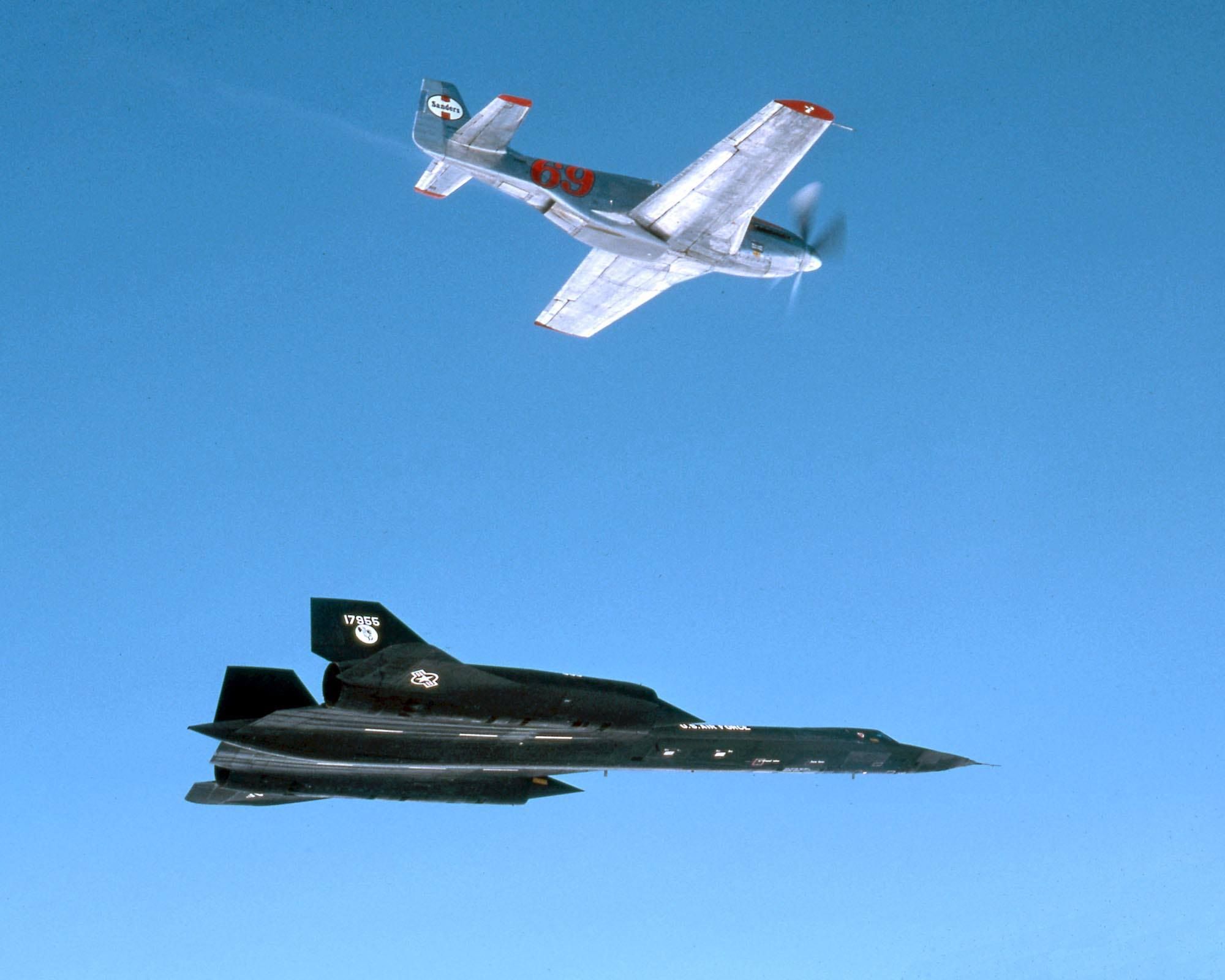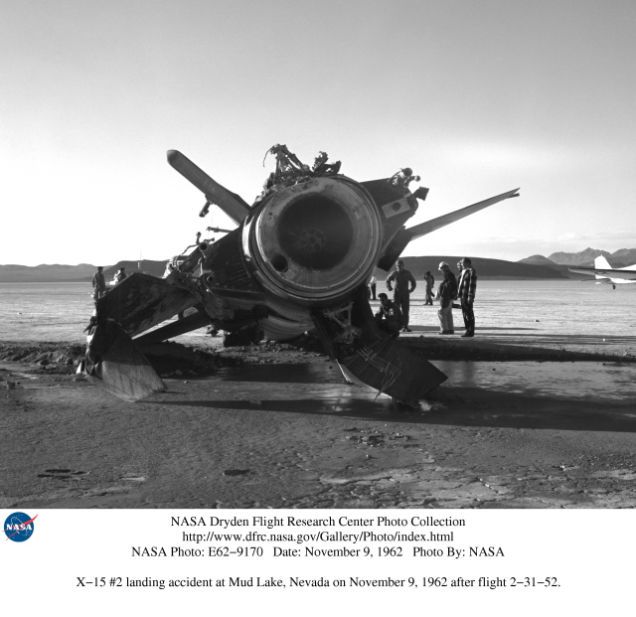What Is The Fastest Jet

Introduction to the Fastest Jets
The world of military aviation is filled with impressive machines, each designed for specific tasks and operations. Among these, the fastest jet is a title that sparks considerable interest and debate. When discussing the fastest jet, we’re looking at aircraft that have pushed the boundaries of speed, often for reconnaissance, interception, or experimental purposes. In this exploration, we’ll delve into the history and specifications of the fastest jets, highlighting their unique features and the records they’ve set.
History of High-Speed Flight
The pursuit of speed in aviation has been a longstanding endeavor. From the early days of flight, innovators and engineers have sought to break the sound barrier and push beyond it. The X-15, a rocket-powered aircraft, is notable for being the first to reach the edge of space and achieve speeds over Mach 6, which is six times the speed of sound. However, when considering jet-powered aircraft specifically, other contenders come into focus.
The Fastest Jet Aircraft
The Lockheed SR-71 Blackbird stands out as one of the fastest jet-powered aircraft ever built. With a top speed exceeding Mach 3.5 (around 2,193 mph), it was designed for strategic reconnaissance. The SR-71’s speed, altitude (up to 85,000 feet), and stealth capabilities made it nearly untouchable during its operational years. Its legacy as a symbol of speed and innovation in aviation remains unchallenged.
Other Notable Contenders
- Mikoyan-Gurevich MiG-25: A Soviet-era interceptor capable of speeds over Mach 3.2. It was designed to counter high-speed, high-altitude reconnaissance planes like the SR-71. - North American X-15: Although not a traditional jet, its rocket engine propelled it to speeds exceeding Mach 6, making it one of the fastest vehicles ever made. - Lockheed X-7: An unmanned test vehicle that reached speeds of over Mach 4 during its experimental flights.
Specifications Comparison

| Aircraft | Top Speed | Service Ceiling |
|---|---|---|
| Lockheed SR-71 Blackbird | Mach 3.5+ | 85,000 feet |
| Mikoyan-Gurevich MiG-25 | Mach 3.2+ | 67,000 feet |
| North American X-15 | Mach 6.72 | 354,200 feet |

Future Developments
The pursuit of speed in aviation continues, with modern projects focusing on hypersonic flight—speeds above Mach 5. Vehicles like the SpaceX Starship and experimental military craft are pushing the boundaries of what’s thought possible. However, these developments come with significant challenges, including heat management, materials science, and the physics of high-speed flight.🚀 Note: The development of hypersonic aircraft faces numerous technical and financial hurdles, but breakthroughs in these areas could revolutionize both military and civilian aviation.
As we reflect on the fastest jets and the feats they’ve achieved, it’s clear that the drive for speed and innovation in aviation is relentless. From the SR-71 to future hypersonic vehicles, each milestone represents a significant leap forward in technology and human ingenuity. The fascination with speed will undoubtedly continue to propel aviation forward, opening new possibilities for exploration and advancement.
The journey through the world of the fastest jets reveals a tale of human ambition, technological prowess, and the unrelenting pursuit of pushing beyond current limitations. Whether for military, scientific, or exploratory purposes, these aircraft embody the spirit of innovation that defines aviation’s history and future.

What is the fastest jet in the world?
+
The Lockheed SR-71 Blackbird is considered the fastest jet-powered aircraft, with a top speed exceeding Mach 3.5.

What is the significance of the X-15 in aviation history?
+
The X-15 was the first aircraft to reach the edge of space and achieve speeds over Mach 6, marking significant milestones in aviation and space exploration.

What are the challenges faced by hypersonic aircraft development?
+
Hypersonic aircraft development faces challenges such as heat management, advanced materials science, and overcoming the physics of high-speed flight, among others.



